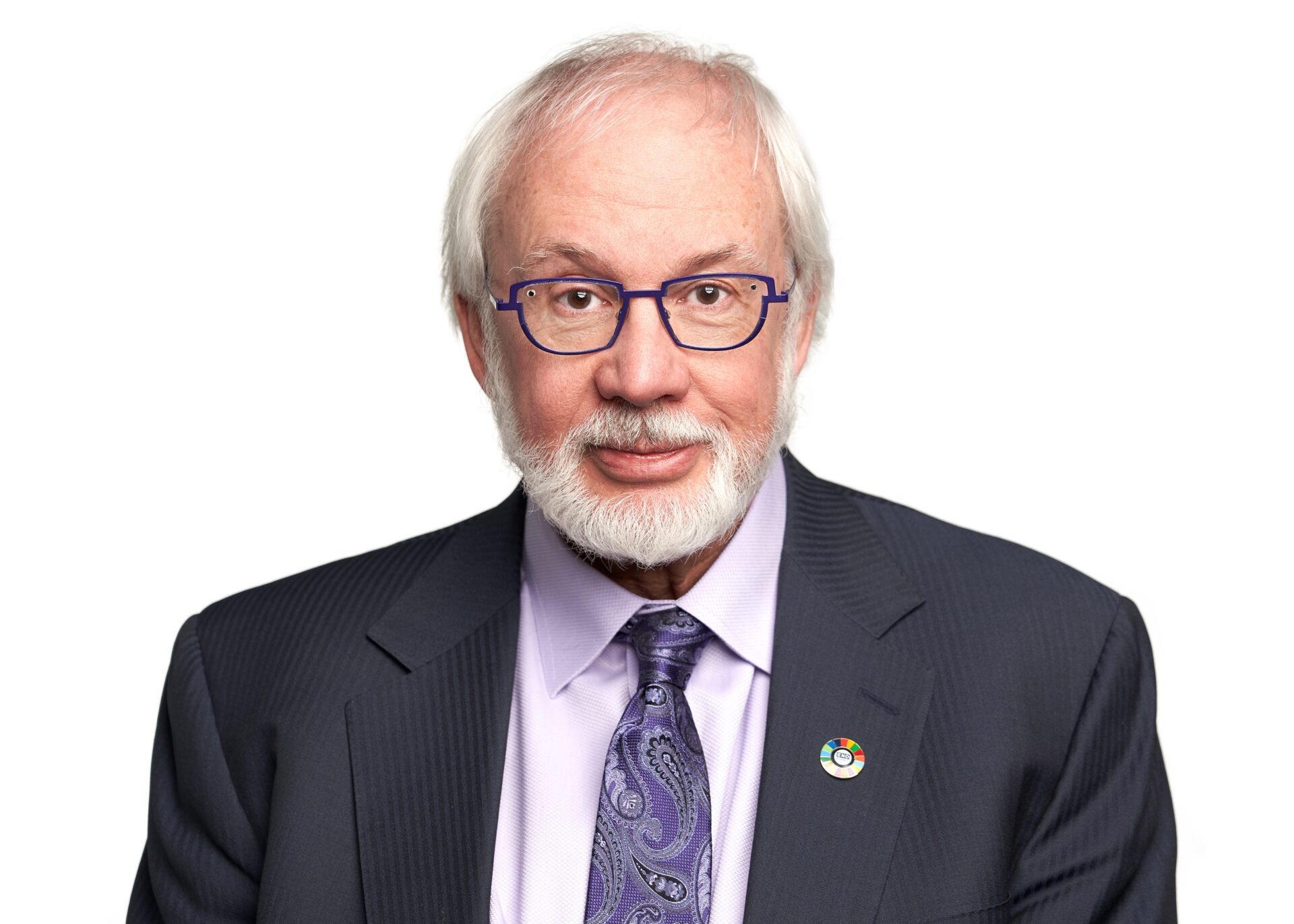Integrated reporting is a business process that culminates in the publication of a report that explains how an organization creates value over the short-, medium-, and long-term. In terms of content and time horizon, an integrated report is similar to a company’s long-term plan.
The first integrated reports were published in the early 2000s by corporate pioneers that did not have generally accepted standards or a common framework to guide the preparation of their reports. Every report was unique in the way it reflected each organization’s thinking about what content would best improve a readers’ understanding of the company. The International Integrated Reporting Council (IIRC) released the International Integrated Reporting Framework (IR Framework) in December 2013 to provide organizations with guidance on the content of an integrated report.
Our paper, “A Comparative Analysis of Integrated Reporting in Ten Countries,” explores the extent to which companies around the world use the IR Framework to prepare their reports and whether the reports of the companies that do use it vary in quality and content from country to country. We selected five companies from each of the following countries: Brazil, France, Germany, Italy, Japan, the Netherlands, South Africa, South Korea, United Kingdom, and the United States for the study. A scale of from one to three was used to evaluate five areas of disclosure—Materiality, Risks and opportunities, Strategy and resource allocation, Performance, and Outlook.
We found that countries could be grouped into three categories of quality of disclosure: High (Germany, the Netherlands, and South Africa), Medium (France, Italy, South Korea, and the United Kingdom), and Low (Brazil, Japan, and the United States). Given the diversity of countries within each category, much further analysis would have been required to explain these differences in terms of geography, because we would have had to identify common geographical characteristics in very different countries.
The Netherlands and South Africa were the only two countries ranked High across all scores, and the United States was the only country ranked Low across all scores. We were not surprised by the results for the United States given its litigious environment. Even though an integrated report is not filed with any government agency, we suspect that American companies approach them from the perspective of their Forms 10-K. Conversations with U.S. companies over many years about why they have not pursed integrated reporting support this hypothesis.
South Africa is the only country where integrated reporting has been mandated on a “comply or explain” basis in a more principles-based and less litigious reporting regime. It is worth noting that the differences in overall and specific scores between South Africa and the Netherlands are fairly small. South Africa ranks first and the Netherlands second in every score except for Outlook, where Germany is second at 2.68 and the Netherlands third at 2.48. This clearly suggests that legislation and regulation are not necessary pre-requisites for integrated reporting. South Africa ranks highly with them, but without them the Netherlands also ranks highly while the United States ranks poorly.
The wide gap in the quality of integrated reports around the world reveals much more than whether companies in one country adhere to the IR Framework Guiding Principles and Content Elements better than do those in other countries. Given the absence of generally accepted and enforceable standards for integrated reporting, companies are free to declare that they have published an integrated report, even if in doing so they demonstrate a misunderstanding of the concept. Based on this fact we made three recommendations.
First, build on the South African experience with a clear focus on the work of the Integrated Reporting Committee of South Africa to create a global task force to compile best practices at three geographic levels: global, regional, and country. This task force could also identify sector-specific best practices. The investment community should participate in this task force since it is the target of integrated reports, and its information needs must be well understood.
Second, the IIRC should partner with both a data provider to maintain a global database of best practices and case studies and a software developer to provide the interface, be it a website or software product, for accessibility, analysis, collaboration, and dissemination of resources with both geographic and sector relevance.
Third, the global task force and the IIRC should more explicitly recognize that integrated reporting is far more than a paper or electronic document, even though that is the basis of our analysis. Understanding best practices for “reporting” rather than just “reports” is also important.
It is highly unlikely that many, if any, other countries will follow South Africa in mandating integrated reporting, at least in the short term. Thus, the best way to speed its adoption is for the corporate and investment communities to mobilize in order to drive adoption and improve the quality of integrated reporting for the benefit of themselves and society at large.
SUBSCRIBE TO OUR NEWSLETTER
Subscribe our newsletter to receive the latest news, articles and exclusive podcasts every week


